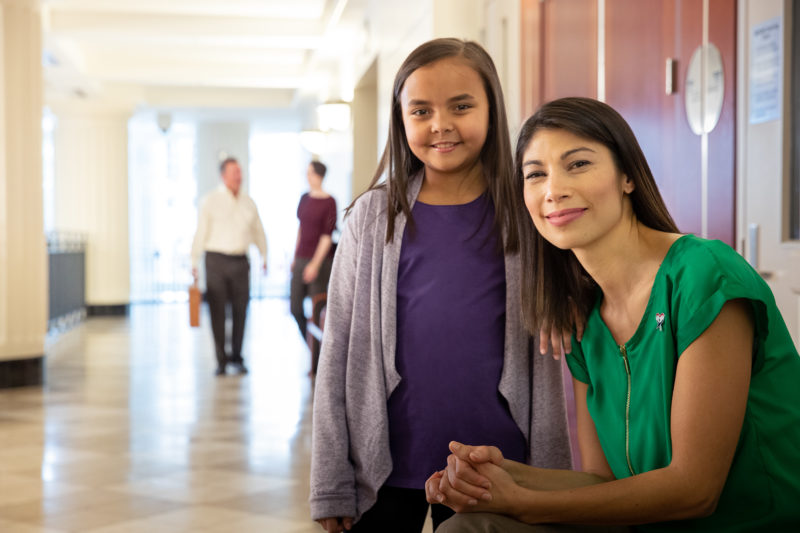
Guardian Ad Litems (GALs) or Court Appointed Special Advocates (CASAs) get to visit children in foster care and build relationships with them, taking the time to get to know them and their story. They work hard for a positive outcome, their voice impacting the decisions made in court.

For foster parents, a Guardian can be the conduit of information. What you share with your GAL will be included in the court report and impacts decision making. This is one way foster parents may make their own voice heard. Foster parents can support the work of the GAL by providing as much information as possible- anything they wouldn’t know unless the foster parent tells them because you spend so much time with the child. There is always a need for more volunteer Guardian Ad Litems. If you are interested in changing a child’s story (in SC), learn more at gal.sc.gov. In Richland County (SC), visit rccasa.org. Or search your state for more resources. We had the chance to sit down with Cherie Walker, Director of County Operations for SC Cass Elias McCarter Guardian ad Litem Program, for a special #FosterFridayLive.
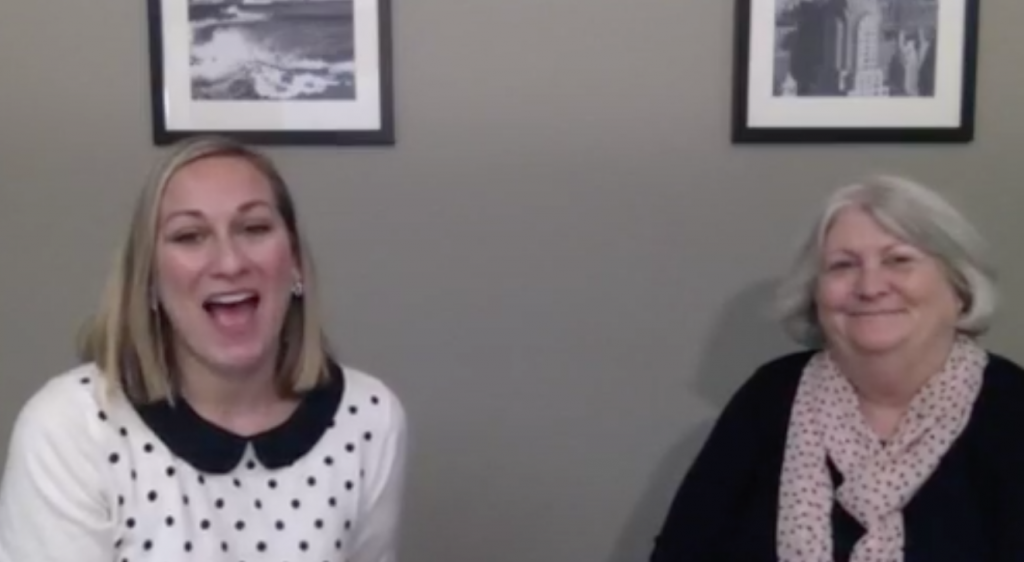
A Guardian ad Litem (GAL) is a community volunteer appointed by a judge to advocate for a child in the foster care system. Most of the time, children do not appear in family court when decisions are being made about their futures. The GAL meets with the child on a monthly basis, gets to know them and their family situation. When their cases are heard in court, the GAL is there to tell that child’s story to the judge, let the judge know what the child wants, and what special needs that child might have. They are there to speak out for the child, and make sure the child’s voice is heard when decisions are being made.
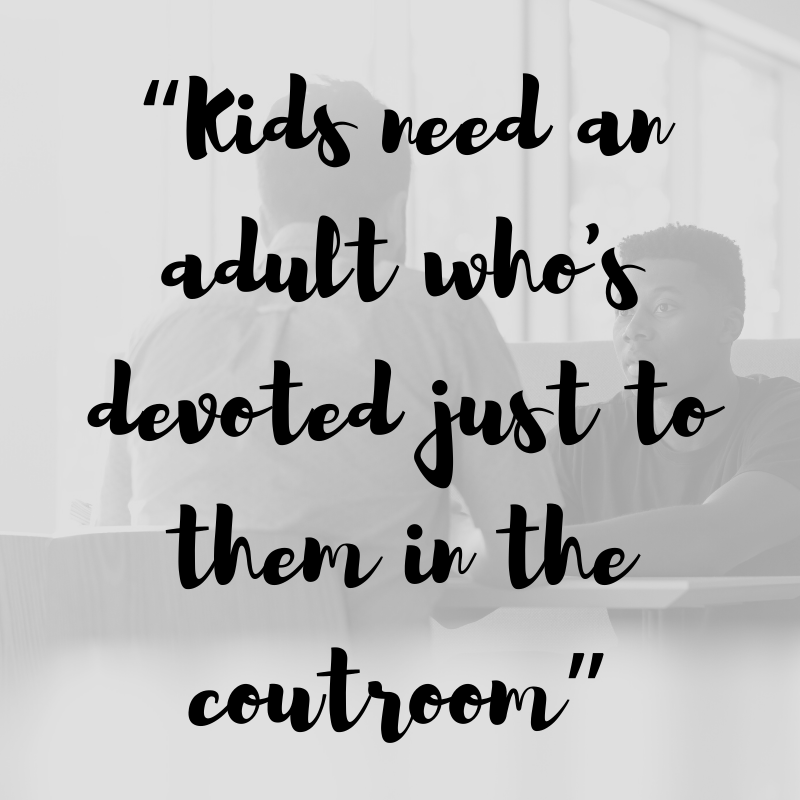
The GALs in foster care cases are different from private Guardians hired for private cases. These are unpaid volunteers. In some counties or in other states, CASAs are used. They are similar in what they do; the programs are simply funded differently.
The GAL serves as an independent, unbiased person who advocates for the child. This is why a foster parent cannot serve as a GAL nor could an active GAL become a foster parent.The GAL will look into the facts surrounding a child’s case, interviewing family members, teachers, and anyone who has information about the child’s life. The GAL submits a report to the judge before each hearing, letting the court know what the child wants, and also what is in the child’s best interest. Each child has unique needs, and the GAL’s role is different depending on the age of the child and the situation. The GAL might try to identify family members where the child could live temporarily, and they might suggest evaluations and services that would help the child be successful. Most importantly, they remain a consistent presence for the child throughout the life of the case. Because the GAL is present and advocating for the child in the courtroom, they can make a huge difference in outcomes for children.
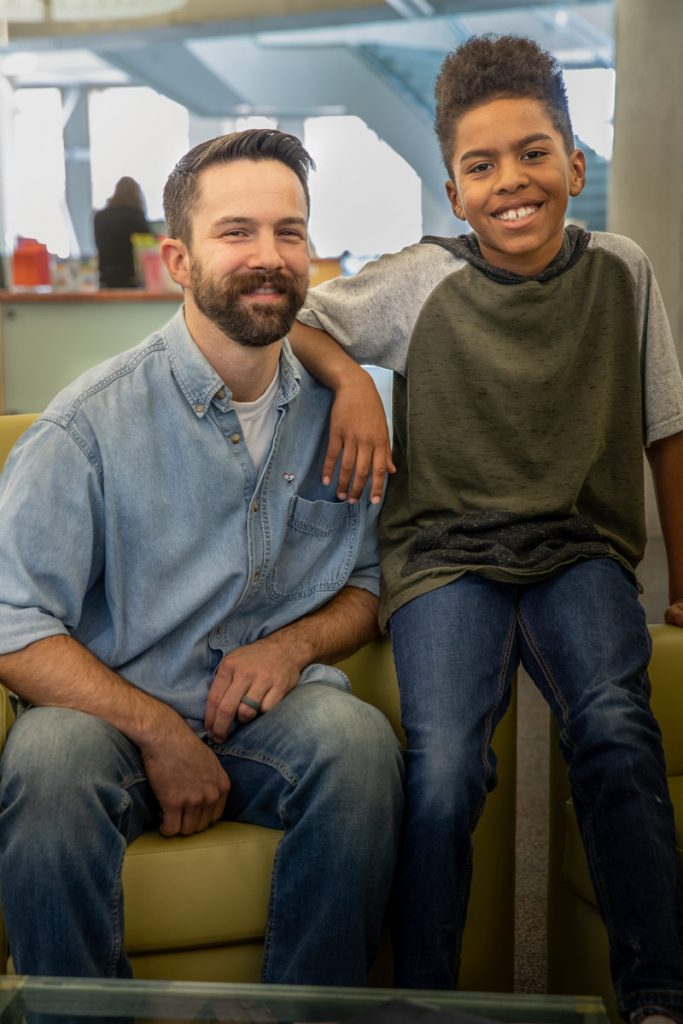
There is currently a high need for volunteers in the Upstate counties. Most of the Upstate counties need 50 or more additional volunteers. In South Carolina overall, we are currently serving over 9,000 children. Over 750 additional volunteers are needed.
To become a volunteer, you need to over 21, a resident of South Carolina, and be able to pass reference and background checks. We welcome people from all walks of life and occupations, as we strive for a diverse pool of volunteers. A volunteer must be able to visit their child monthly, and attend all court hearing when they are scheduled. Court schedules vary in each county, but in most cases a volunteer gets about 30 days notice of an upcoming hearing. After their first hearing, most cases do not come back again for about 9 months, but it is important for people that work to have some flexibility in their schedule as all court times are during the day. There is a free, 30 hour training provided. Each county has its own schedule for training, but most classes are once a week for 3 hours. Anyone who is interested should visit gal.sc.gov or in Richland County, rccasa.org. There is some great information about the program as well as a downloadable application. The contact section gives the email and phone number for each county coordinator. Anyone who is interested can speak directly with someone at the county level about the need for volunteers in that county, and the training schedule. They can also call our State Office at 1-800-277-0113.
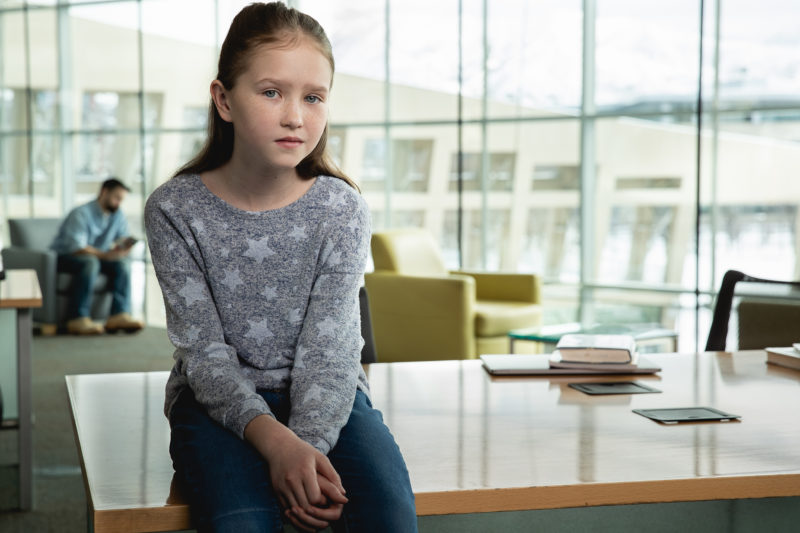
I started as a volunteer 19 years ago, and have served in various capacities as part of both county and state offices. I have seen so many times when myself or other volunteers have worked diligently to help change the outcome of a case. Just last week, I watched in court as a volunteer advocated to have a mother reunited with her two children. Our GAL volunteer’s testimony changed the outcome of the case. Those moments when we can see positive outcomes for children because of the work of a volunteer are what makes this work so worthwhile. Sometimes as individuals we feel that we can’t make an impact on a huge systemic problem like child abuse and neglect, but the GAL Program allows us to change a child’s story, one story at a time. Watch the full interview with Cherie on Youtube. There are many ways that you can get involved in supporting children in foster care even if you cannot foster yourself. Learn more here or consider becoming a tutor, mentor, or advocating for policy change.